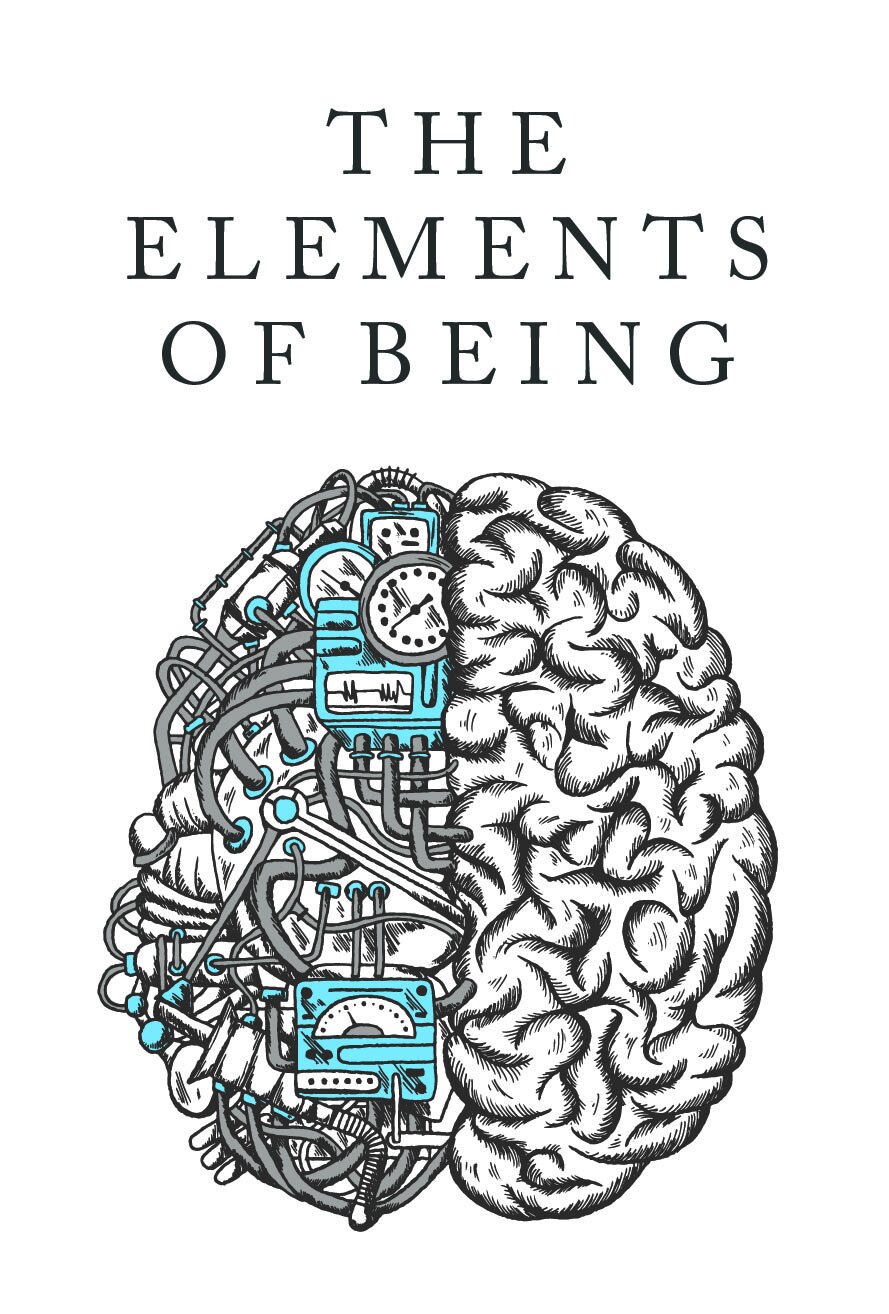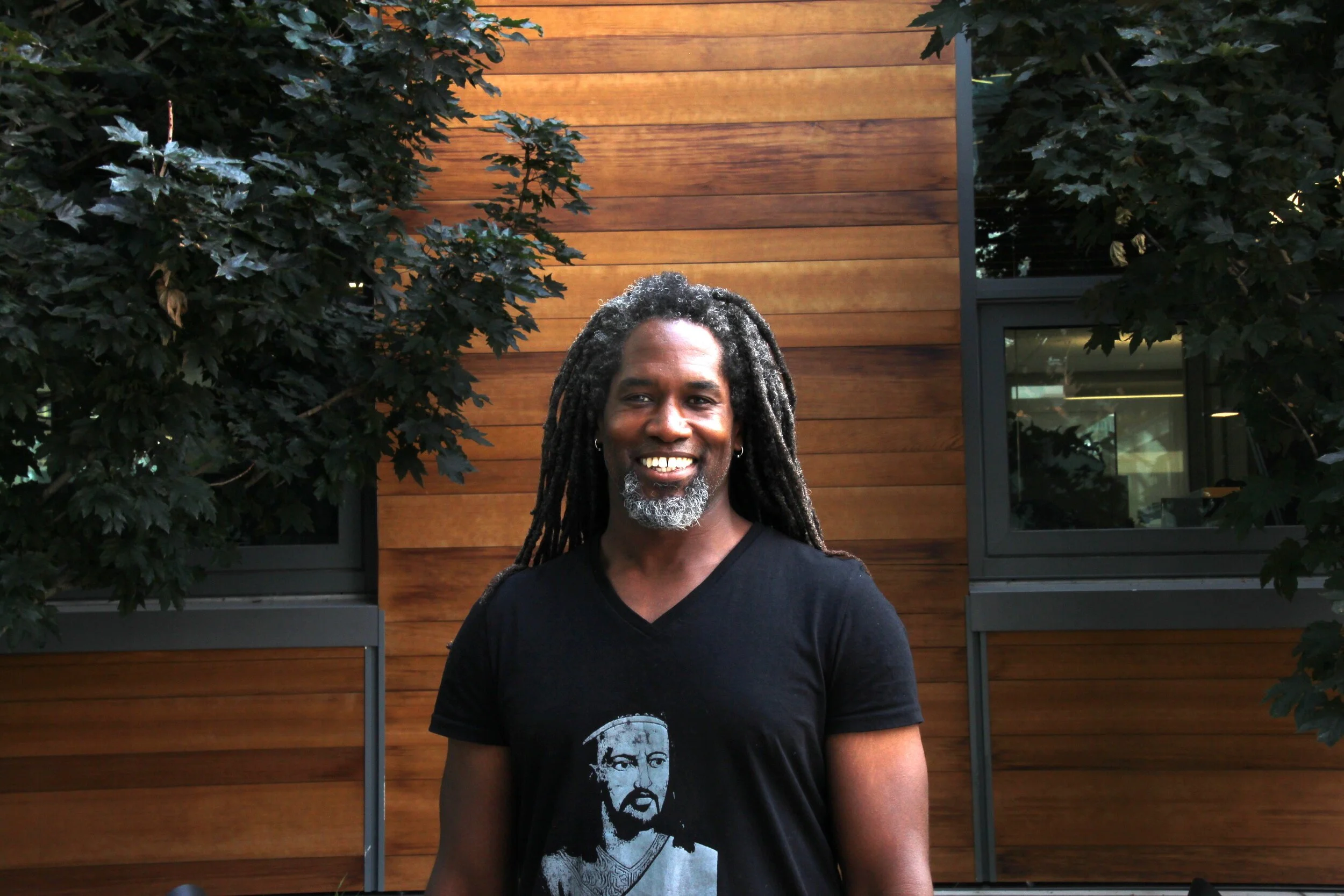IN THIS PODCAST EPISODE
In today’s episode, I dove into the “mind” with author Ryan A. Bush and discusssed his new book Designing the Mind: The Principles of Psychitecture. His book was a complete indulgence to discuss and certainly appropriate for a deep exploration of ourselves at the start of a new year as we recover from the ongoing pandemic, an economic downturn, the rise of social protests, and an enflamed US election. I think most listeners will agree that the true start of this decade should begin on January 1st of 2021 instead….and there’s no better way than to understand our current mental software as we are about to reboot.
So, what is Ryan’s psycho-philosophical book about? It combines the ancient adage that true happiness comes from within with the modern metaphor of the mind as an operating system. It integrates the wisdom and insights of ancient mystics, practical philosophers, and cognitive scientists into a mindset and method for reprogramming your own psychological software. Basically, it’s a handbook for mastering your behavior, cognition, and emotions, one algorithm at a time. Whether fear prevents you from pursuing your ambitions, jealousy ruins your relationships, distractions rule your life, or you have an inner critic whose expectations you are never able to meet, the psychitectural framework will enable you to understand and rewire the hidden patterns behind your biases, habits, and emotional reactions.
If you know me well enough by now, then you probably know I was salivating at the opportunity to discuss these themes in detail…especially in relation to retraining our minds to achieve what we want. We’ll call this episode the prep work for your New Year’s resolutions and intents.
To learn more about Ryan A. Bush, visit https://designingthemind.org/!
PODCAST DISCUSSION
- Whether or not behaviors and perspectives are predetermined.
- How our daily lives specifically contribute to the program of the brain.
- How we can develop the ability to increasingly determine our own subjective experience.
- The basic foundation of psychitecture.
- The influences that corrupt our mental operating system.
- How our default algorithms contribute to many of our psychological problems today.
- The importance of metacognition when critically thinking about a problem.
- The consequences of our mental patterns and biases.
- The false assumptions about exceptional critical thinking skills and self-control.
- How to beta-test and challenge our belief system.
- How our emotions weren't built to deal with modern life.
- The role of unregulated emotion and the underlying influence on brutal dictators, school shooters, and belligerent bigots.
More “The Elements of Being” Podcast Episodes































